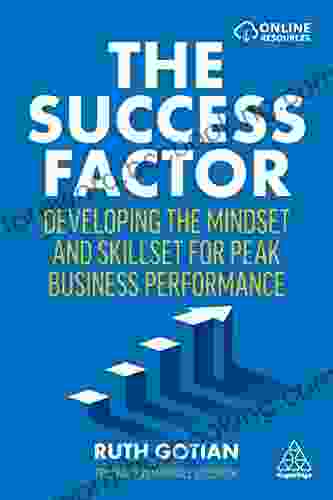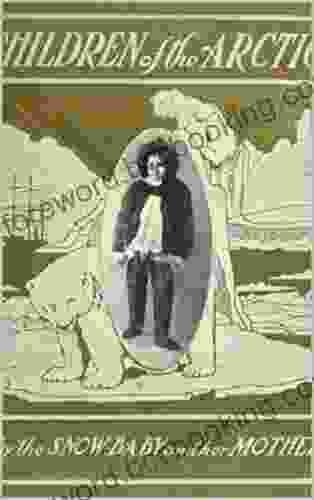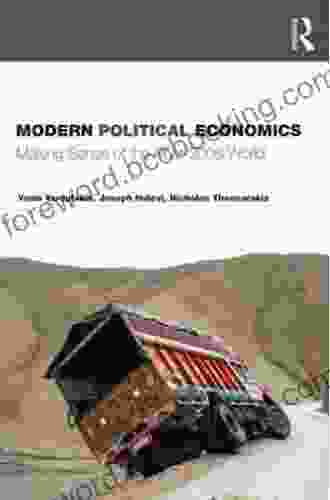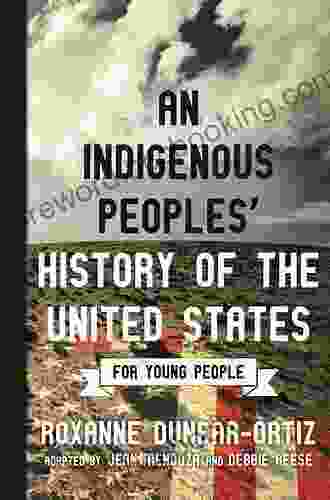Making Sense of the Post-2008 World: A Comprehensive Guide to the Global Economic Crisis

The global financial crisis of 2008 marked a watershed moment in the world economy. The collapse of the housing market in the United States triggered a chain reaction that led to widespread bank failures, a sharp decline in economic activity, and a surge in unemployment. The crisis had a profound impact on the lives of millions of people around the world, and its legacy continues to shape the global economy today.
In this comprehensive guide, we will delve into the causes and consequences of the 2008 financial crisis. We will examine the key events that led to the crisis, the policy responses that were implemented, and the long-term effects of the crisis on the global economy. We will also explore the challenges and opportunities that lie ahead as we navigate the post-2008 world.
The 2008 financial crisis was the result of a complex set of factors, including:
4.7 out of 5
| Language | : | English |
| File size | : | 3921 KB |
| Text-to-Speech | : | Enabled |
| Screen Reader | : | Supported |
| Enhanced typesetting | : | Enabled |
| Word Wise | : | Enabled |
| Print length | : | 554 pages |
- Subprime lending: In the years leading up to the crisis, banks and other lenders made a large number of subprime loans to borrowers with poor credit histories. These loans were often characterized by high interest rates and low down payments, and they were often packaged into complex financial instruments known as collateralized debt obligations (CDOs).
- Financial deregulation: In the 1990s and early 2000s, the financial industry underwent a period of deregulation. This deregulation allowed banks to take on more risk, which contributed to the housing bubble and the subsequent financial crisis.
- The housing bubble: The housing market in the United States experienced a boom in the early 2000s, as rising home prices encouraged people to buy homes they could not afford. This bubble was fueled by low interest rates and easy credit, and it eventually burst in 2006.
The 2008 financial crisis had a devastating impact on the global economy. The crisis led to:
- A sharp decline in economic activity: The global economy contracted by 0.8% in 2009, the largest decline since the Great Depression.
- Widespread bank failures: Hundreds of banks failed around the world, including some of the largest and most respected financial institutions.
- A surge in unemployment: The global unemployment rate rose to 10% in 2009, the highest level since the 1930s.
In response to the 2008 financial crisis, governments and central banks around the world implemented a number of policy measures, including:
- Fiscal stimulus: Governments increased spending and cut taxes to stimulate economic activity.
- Monetary easing: Central banks lowered interest rates to make it cheaper for businesses and consumers to borrow money.
- Financial regulation: Governments implemented a number of new regulations to prevent a similar crisis from happening again.
The 2008 financial crisis has had a lasting impact on the global economy. The crisis led to:
- Increased economic inequality: The crisis exacerbated economic inequality, as the wealthy benefited from government bailouts and stimulus measures while the poor and middle class suffered from job losses and wage cuts.
- Increased government debt: Governments around the world increased their debt levels to finance stimulus measures and bank bailouts. This debt will continue to weigh on the global economy for years to come.
- A loss of trust in the financial system: The crisis eroded trust in the financial system, as many people lost their savings and investments. This loss of trust has made it more difficult for businesses to obtain financing and for consumers to make long-term plans.
The global economy has undergone significant changes since the 2008 financial crisis. These changes present both challenges and opportunities for businesses and policymakers.
Challenges:
- Slow economic growth: The
4.7 out of 5
| Language | : | English |
| File size | : | 3921 KB |
| Text-to-Speech | : | Enabled |
| Screen Reader | : | Supported |
| Enhanced typesetting | : | Enabled |
| Word Wise | : | Enabled |
| Print length | : | 554 pages |
Do you want to contribute by writing guest posts on this blog?
Please contact us and send us a resume of previous articles that you have written.
 Book
Book Novel
Novel Page
Page Chapter
Chapter Text
Text Story
Story Genre
Genre Reader
Reader Library
Library Paperback
Paperback E-book
E-book Magazine
Magazine Newspaper
Newspaper Paragraph
Paragraph Sentence
Sentence Bookmark
Bookmark Shelf
Shelf Glossary
Glossary Bibliography
Bibliography Foreword
Foreword Preface
Preface Synopsis
Synopsis Annotation
Annotation Footnote
Footnote Manuscript
Manuscript Scroll
Scroll Codex
Codex Tome
Tome Bestseller
Bestseller Classics
Classics Library card
Library card Narrative
Narrative Biography
Biography Autobiography
Autobiography Memoir
Memoir Reference
Reference Encyclopedia
Encyclopedia Sheri Koones
Sheri Koones Jamie Thornton
Jamie Thornton Herman T Tavani
Herman T Tavani Hossein Amerkashi
Hossein Amerkashi Henry Treece
Henry Treece Sarah K L Wilson
Sarah K L Wilson Harriet Denison
Harriet Denison Michael Gruenbaum
Michael Gruenbaum Thomas Fleming
Thomas Fleming Shasta Nelson
Shasta Nelson Henry Gilbert
Henry Gilbert Scott M Baker
Scott M Baker Harlan Cohen
Harlan Cohen Katherine Milhous
Katherine Milhous Shoshana Levin Fox
Shoshana Levin Fox Heather Webb
Heather Webb Viyan Pradheep
Viyan Pradheep Jonathan Kaufman
Jonathan Kaufman Jessie Ware
Jessie Ware Henry Bond
Henry Bond
Light bulbAdvertise smarter! Our strategic ad space ensures maximum exposure. Reserve your spot today!

 Dallas TurnerGenealogy of Television Animation and Game Media: Unraveling the Creative...
Dallas TurnerGenealogy of Television Animation and Game Media: Unraveling the Creative...
 David Foster WallaceInspiring the Next Generation: Introducing "Children About Perseverance"
David Foster WallaceInspiring the Next Generation: Introducing "Children About Perseverance" John MiltonFollow ·9.7k
John MiltonFollow ·9.7k Hunter MitchellFollow ·18.2k
Hunter MitchellFollow ·18.2k Billy PetersonFollow ·18.2k
Billy PetersonFollow ·18.2k Vincent MitchellFollow ·6.9k
Vincent MitchellFollow ·6.9k Nathaniel HawthorneFollow ·2.7k
Nathaniel HawthorneFollow ·2.7k Everett BellFollow ·7.1k
Everett BellFollow ·7.1k Colby CoxFollow ·19.8k
Colby CoxFollow ·19.8k Timothy WardFollow ·13.5k
Timothy WardFollow ·13.5k

 Fabian Mitchell
Fabian MitchellUnleash the Adventure: Family Fun in the Black Hills
Nestled amidst the rolling hills...

 Alfred Ross
Alfred RossUnleashing Peak Business Performance: A Journey of...
In today's rapidly evolving business...

 Fernando Bell
Fernando BellEmbrace the Prophetic Voice of Howard Zinn: A Journey...
As we navigate the complexities of our...

 Jonathan Franzen
Jonathan FranzenChildren of the Arctic: A Literary Expedition to the...
In the annals of...

 Branson Carter
Branson CarterYou Can Be Neutral on a Moving Train: A Transformative...
Welcome, dear reader,...
4.7 out of 5
| Language | : | English |
| File size | : | 3921 KB |
| Text-to-Speech | : | Enabled |
| Screen Reader | : | Supported |
| Enhanced typesetting | : | Enabled |
| Word Wise | : | Enabled |
| Print length | : | 554 pages |










